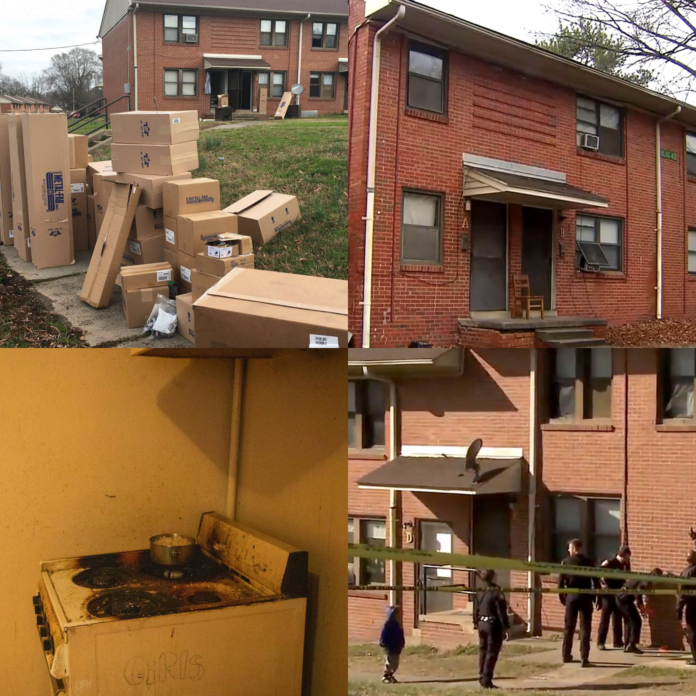
Imagine you live in a bare, lifeless brick building with conditions so poor that your home is deemed too unsafe to live in. Imagine, because of this, you have been moved to a hotel along with 300 other displaced residents, including two grieving mothers who lost their children to shootings in the area. Imagine living in a building with residents lacking so much trust in the management that, when an infant dies, those residing in the building don’t know whether the cause was the raw sewage leaks that have been reported since 2017, the aging appliances with significant issues or the recent carbon monoxide leaks that have attracted the attention of local media daily.
The low-income families of McDougald Terrace don’t have to imagine this: they live it. A multitude of life-threatening problems sparked aggravation in displaced residents that has been voiced everywhere from community forums to the nightly news.
Residents are awaiting the day they can return from hotels to a safe environment devoid of any life-threatening problems. The Durham Housing Association (DHA) has begun to work on the apartment complex, as new appliances are being placed in the buildings.
With the media’s focus on McDougald Terrace, many have begun to question the relationship between tenants and ownership, as well as the livability of the public housing units.
Is it acceptable for the living conditions of the homes to be uninhag due to the rents that scale with tenants’ income and start at $50 per month? Absolutely not.
Although larger budgets are being allocated to the DHA—roughly $42.6 million will go to the DHA, including $11 million to low-income public housing—some North Carolinians, including politicians, believe the amount given to public housing organizations is still too little for them to properly deal with the problems in decaying buildings.
“For far too long, Congress has failed to adequately invest in our public housing stock, putting vulnerable residents at risk,” said Chapel Hill Representative David Price, who is a chairman of the housing and transportation sub committee of the House Appropriations Committee.
It is crucial that residents of the Triangle area recognize the importance public housing plays in our environment, especially now.
Skyrocketing rents, the influx of new residents in Raleigh and Durham, as well as the many expensive new condominiums to accommodate them, make it less likely for low-income families in the area to be able to afford the rents charged in the area.
“You definitely see gentrification in downtown Durham and even here in Chapel Hill with areas like Northside. With housing being in demand, landlords are raising the rent and many people in these neighborhoods can’t afford to stay,” Chapel Hill High School social studies Patrick Roeber said.
McDougald Terrace and other public housing complexes provide a requisite support-system to our area’s less affluent population—those who make less than 80 percent of the median income—in Durham and Chapel Hill.
A data report by the U.S. Census Bureau in 2017 stated that about 23,000 black residents of Durham county are living below the poverty line, thousands more than any other racial group. Public housing helps retain the diversity of Durham and makes sure that those in poverty are given proper housing in hopes of diminishing the effects of cultural stigmas.
Although the carbon monoxide leak has been an unfortunate crisis for those living in the McDougald Terrace, it hopefully has made many Triangle area citizens aware of the important role public housing units play to ensure the area’s racial, cultural and economic diversity.











